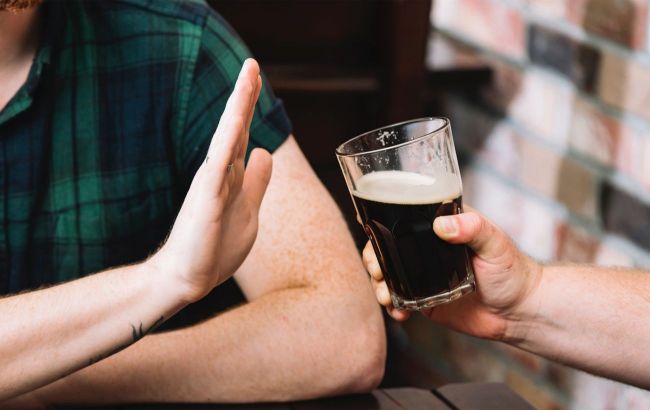When to quit drinking alcohol to avoid suffering from serious illnesses
 At what age should you quit alcohol forever (Illustrative photo: freepik.com)
At what age should you quit alcohol forever (Illustrative photo: freepik.com)
Scientists have determined the age at which it is necessary to say goodbye to alcoholic beverages, especially beer. This will help reduce the risks of developing dementia, Alzheimer's disease, and other cognitive impairments in older age, reports Daily Mail.
Dementia expert, American neurologist Richard Restak advises people to completely quit alcohol by the age of 65. This applies not only to hard liquor but also to wine and beer.
He points out that even one or two alcoholic drinks every few weeks can accelerate age-related damage to the brain's nerve cells.
"Alcohol is a very, very weak neurotoxin – it’s not good for nerve cells. It is essential to abstain from alcohol at a stage in life where preserving neurons is crucial. I strongly suggest that if you are 65 years old or older, that you completely and permanently eliminate alcohol from your diet," says Dr. Restak.
The former president of the American Neuropsychiatric Association highlights that the age of 65 is optimal, as the risk of dementia increases fivefold after that age, continuing to rise every five years.
Dementia is a progressive decline in brain function that robs patients of memory, abilities, and independence. Currently, many people around the world suffer from this condition, with one in 14 people over 65 in the UK alone. According to forecasts, these numbers are expected to continue rising.
Numerous studies have linked heavy alcohol consumption to an increased risk of the disease, as prolonged excessive drinking reduces parts of the brain.
In addition to more common forms of the disease, excessive alcohol use can lead to a type of dementia called Wernicke-Korsakoff syndrome.
This condition occurs when alcohol impairs the body's ability to absorb vitamin B1, also known as thiamine, which is essential for cell health.
It was also mentioned that shorter people live longer than taller ones.

